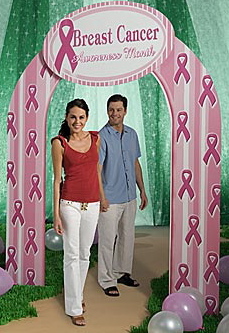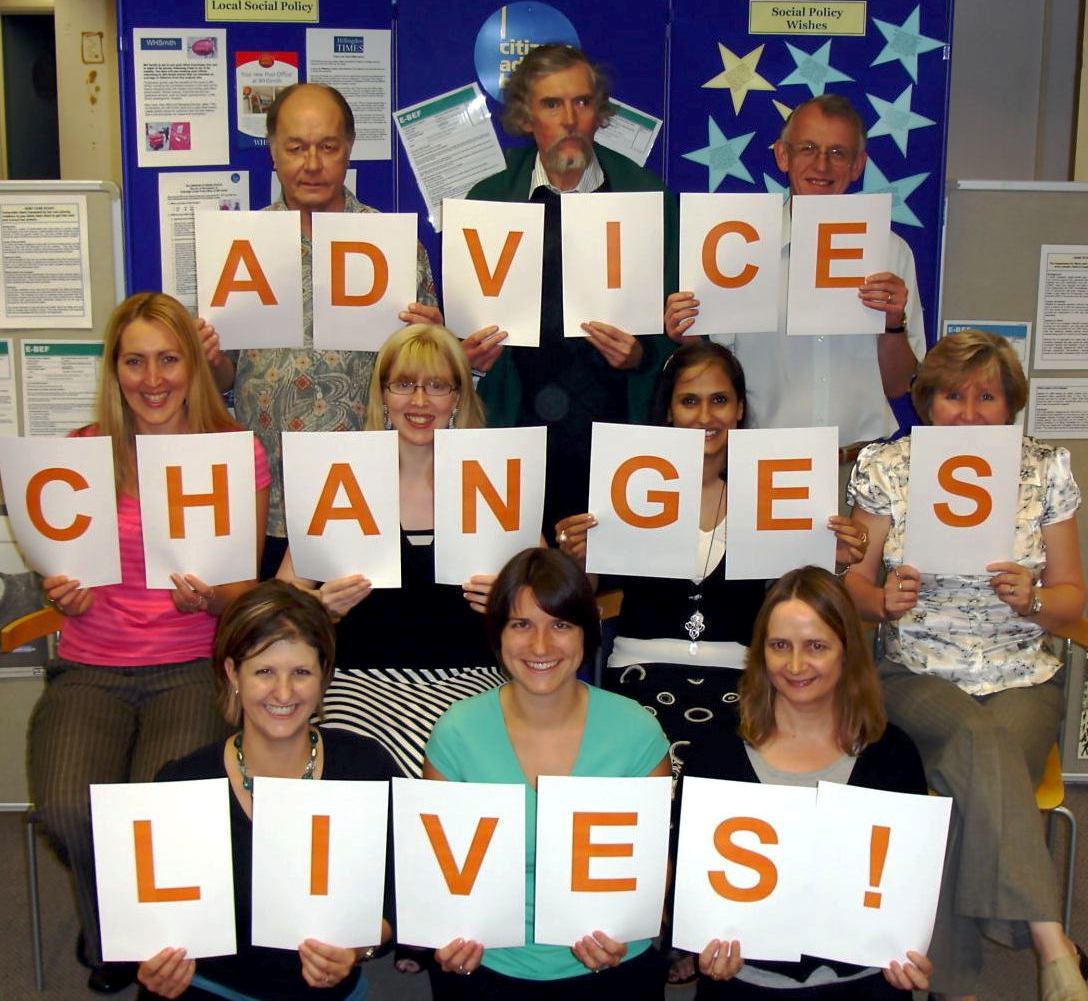
Breast cancer is pink. Colon cancer blue. What color is the ribbon for hospital-associated infections?
Did you know that more people die per year from healthcare-associated infections than from breast cancer? (The stats: 99,000 according to the CDC vs. 40,000 according to the National Breast Cancer Foundation. The CDC number doesn’t even include people who die from medication errors or surgical mistakes.)
Suffering from medical errors and healthcare-related infections isn’t heroic. There is none of the cultural glam factor that’s ascribed to battling cancer, no Hallmark MRSA cards. But I’m still into making medical error reduction the cause du jour. The best that can happen is that it will save my life. And it is hugely more comprehensible and quickly fixable than finding a cure for cancer.
At my recent University of Chicago appointment, a piece of paper called “Speak Up” was sent to my home before the appointment, a nurse read it to me before the doctor entered, and it was posted in plain view in the exam room. The paper said, If you feel comfortable, please feel free to:
1. Ask everyone to identify themselves and wash their hands.
2. Have confirmed your name and DOB before taking meds or treatment.
3. Ask your doc or nurse to fully explain labs, tests, or medications ordered.
4. Ask to speak to a clinic manager to address any concerns.
How freaking fabulous. Never before had I felt so encouraged by a hospital to take charge of my care.
Have you ever suffered from medical errors or healthcare-related infections? What other patient safety points would you add to this list? Would you feel comfortable speaking up in this way?
![]()
![]()

 “Everything Changes is, without doubt, the most forthright, emotionally sophisticated, and plain-old valuable book of its kind I've seen.”
“Everything Changes is, without doubt, the most forthright, emotionally sophisticated, and plain-old valuable book of its kind I've seen.”












